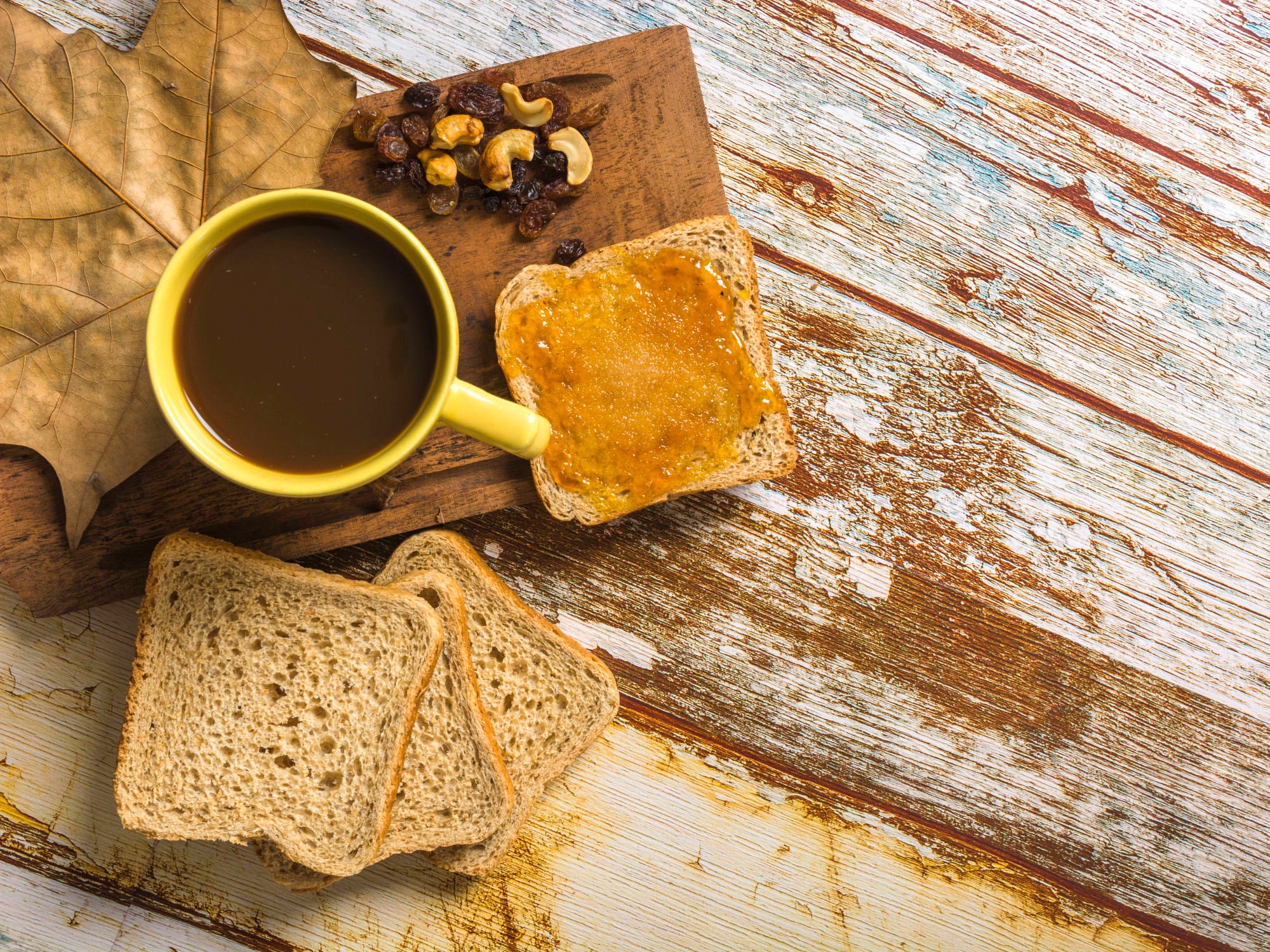Your basket is empty
Already have an account? Log in to check out faster.
Already have an account? Log in to check out faster.

Being a precious and truly good food, it is important to understand how to take Manuka honeyin your everyday diet.
This article contains some small tips for introducing this extraordinary honey into your diet, improving health and enhancing the taste of drinks and recipes.
Let's recap together…
Manuka honey is a very precious honey produced in New Zealand because it is born and raised there the Manuka plant.
And it is in the heart of these endless Manuka valleys that beekeepers place their hives.
An extraordinary product is obtained from this plant, a powerful honey which owes to Methylglyoxal its antimicrobial effect capable of supporting our immune system and making us stronger.
For almost twenty years, at the University of Waikato, we have been trying to identify the unknown factor mysterious capable of determining the big difference between common honeys and active Manuka Honey.
A team of German food chemists from the Technical University of Dresden managed to identify the Methylglyoxal the determining active ingredient hitherto called UMF (Unique Manuka Factor, Unique Manuka Factor)
Methylglyoxal is the active ingredient present in Manuka honey responsible for its antibacterial capacity and which differentiates it from any other honey in the world.
To date, it is still the subject of numerous studies and it is not yet clear what factors induce the manuka plant to produce this extraordinary substance.
But today it is possible to determine the exact percentage in a given quantity of manuka honey, and this differentiates the honey into various gradations.
Manuka honey has a very different flavor and consistency from the most common honeys which we frequently find on the market.
Its consistency is very dense and creamy, of a yellow/orange colour and it dissolves more slowly in hot drinks.
Its fragrance is intense and the flavor is strong and decisive, but still unmistakably sweet.
Manuka honeys with very similar appearance, consistency and flavor can, in reality, be very different.
High values of methylglyoxal ARE NOT detectable based on flavor, for this purpose it is necessary to refer to the gradation reported on the label, but a chemical analysis is always necessary carried out in accredited laboratories.
Unless you intend to use it as anatural remedyfor the treatment of some ailment, daily intake still helps in prevention.
For preventive purposes Manuka honey MG100+ will do just fine.
While honey with a higher alcohol content is necessary in the event that disorders arise which require greater effectiveness.
Manuka honey is really sweet and good and can be safely ingested pure.
In case you don't like its intense flavour, but still want to take advantage of all its properties, here are some tips on how to take Manuka honey.
In the morning, for breakfast, spread a teaspoon of Manuka honey on toast or toast.
Add a teaspoon of Manuka honey to give a "magical" touch to fresh fruit smoothies or in detoxifying drinks such as water, lemon, ginger and manuka honey.
Instead of sugar, to sweeten, you can use a teaspoon of Manuka honey, it will give the drink an unmistakable taste.
A few more tips on how to take manuka honey as an ingredient for savory dishes.
Being a honey with a very strong and decisive flavour, it lends itself very well to accompanying dishes with a rich flavour.
A perfect pairing is with salmon or similar fatty fish, in recipes based on vegetables, legume and cereal salads, but also with meats with a more delicate flavor such as chicken or turkey.
If mixed with a little olive oil it becomes the perfect condiment for seared salmon or chicken pieces sautéed with fresh vegetables.
To give a touch of freshness to salads manuka honey is ideal emulsified with olive oil and lemon!
0 comments